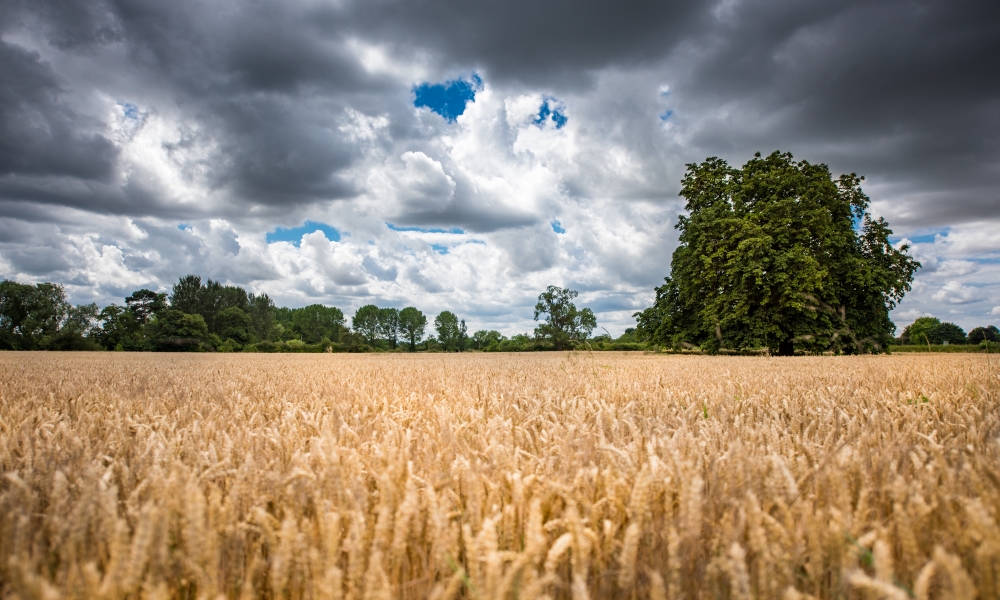Ongoing collaboration on nutrient flow pathways
Associated sprints
recent news
- Presenting at the Agricultural Economics Society Annual Conference: John Lynch
- Researcher Spotlight – Saher Hasnain
- Putting nature on the map – identifying locations for nature recovery and nature-based solutions

Sprint team and its collaborators meet for second time, following several months of research, to answer the question, can we turn waste into fertiliser?
Collaborators for the Sprint investigating how to turn waste into fertiliser (University of Oxford, Leicestershire County Council, Environment Agency, waste management private sector and catchment management experts) met for a second workshop in February 2023.
The first workshop in July 2022 convened these stakeholders for their insights on nutrient flows of interest and developed a first picture of the complexity of the County’s waste management profile across a number of sources from households to food production and manufacturing. Between the two workshops, time was spent developing systems models of the food, farm, green and sewage waste streams to determine the stocks and flows of phosphorus (P) and nitrogen (N) in the waste management processes. The data required was sourced through in-depth interviews with stakeholders.
Further refinement and ground-truthing of the data gathered was achieved during the and the February workshop based on input from the stakeholders. For the next phase of the project the team focused on sharing results from phosphorus (P) and nitrogen (N) mapping work and gaining insights on business and technical options for nutrient recovery.
This was followed by facilitated sessions in small groups where the participants discussed their insights on business and technical options presented by the research team, alternative and innovative products in the nutrient space which can solve the demand and quality issues associated with compost and digestate, and challenges and benefits to the business options discussed thus far in the Leicestershire context. Insights were captured on Miro (a visual collaborative working tool) and future research plans were laid out.
During the workshop those present reflected on critical areas left unaddressed and where challenges currently lie in waste management practices. Insights on business and technical options were presented by the research team, alternative and innovative products in the nutrient space which can solve the demand and quality issues associated with compost and digestate were discussed. Challenges and benefits to business options were also explored.
In this way, the workshop’s outcomes enabled the stakeholders to critically scrutinise the Sprint team’s findings and suggest links with other local institutions and their work. This exchange is critical in filling information gaps and building bridges. Secondly, insights on the impact of contamination of existing products of waste management for farmers validated the Sprint’s rationale and helps shape the research on other recovery products based on impacts and challenges of adopting them for the stakeholders.
Both workshops thus far have highlighted the importance of delineating shared objectives across stakeholders, consistent communication, and effective facilitation in collaborating for interdisciplinarity towards developing collective knowledge base and synergies for effective policies at the local and national scales.



